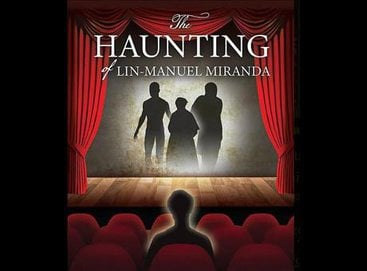Reed, who moved to New York City in 1962, when he was in his early twenties, and co-founded a biweekly underground newspaper called the East Village Other, has described his own writing as “combative.” He has published dozens of books—of fiction, nonfiction, poetry, drama—and is most famous for his satirical novels, including “Mumbo Jumbo,” from 1972, about a conspiracy to stamp out a joyful, liberating virus propagated by black artists, and “Flight to Canada,” from 1976, which comes off as a trippy, inside-out rewriting of “Uncle Tom’s Cabin.” Reed’s works are rooted in a meticulous study of slavery, black performance, and political revolution, but he shapes these materials into sweeping, manic stories that are preposterous and perverse, because they try to make sense of a country that, in its founding, normalized the most preposterous and perverse institution imaginable. Even as Reed has become part of the canon himself, he has remained prickly, resisting attempts to assimilate his work into any story that flatters American progress.
This past weekend, Reed held a public reading, at the Nuyorican Poets Cafe, of a two-act play he’s written titled “The Haunting of Lin-Manuel Miranda.” (He is still raising money for a proper production.) It is, essentially, Reed’s first CounterPunch piece come to life, with a structure nicked from Dickens’s “A Christmas Carol.” In the play, a fictionalized and comically exasperated Miranda is harangued by a procession of ghosts: slaves owned by Hamilton’s in-laws, Native Americans absent from the story that the musical tells, an indentured white servant, Harriet Tubman. Perhaps they are embodiments of Miranda’s conscience—or perhaps, the play suggests, they are by-products of the Ambien that his agent has given him, to help him chill out as they plot their next blockbuster. Throughout these hauntings, Miranda is presented as entirely ill-equipped to deal with any fact-checking, always deferring to his musical’s main source, Ron Chernow’s biography “Alexander Hamilton,” published in 2004. Miranda’s gullibility is a repeated gag, and it went over reliably well with the Poets Cafe crowd. “Hello?!” he earnestly replies to one of the ghosts, in an exchange about Chernow. “He’s a prize-winning historian!” Another time, he simply yells, “But Ron Chernow!” (Reed, who read the part of Miranda’s agent, giggled when one of the ghosts eviscerated Miranda for his “corny” rhymes.)
Nothing really happens during “The Haunting of Lin-Manuel Miranda” beyond this slow chipping away at Miranda’s soft ignorance. During the post-reading talkback, Reed was careful to point out that the play’s central character wasn’t a “villain”—that his sin was merely shoddy research. He does come off as an impressionable dupe, though: “The Haunting of Lin-Manuel Miranda” is, in its current form, as harsh and heavy-handed as the title suggests. Thankfully, none of it was rapped. Some of the history lessons were long-winded and meandering—and maybe slightly confusing without a basic grasp of the original musical. (Reed himself has reportedly never actually seen “Hamilton.”) “The Haunting of Lin-Manuel Miranda” is a minor entry in an important and sometimes overwhelming body of work.


